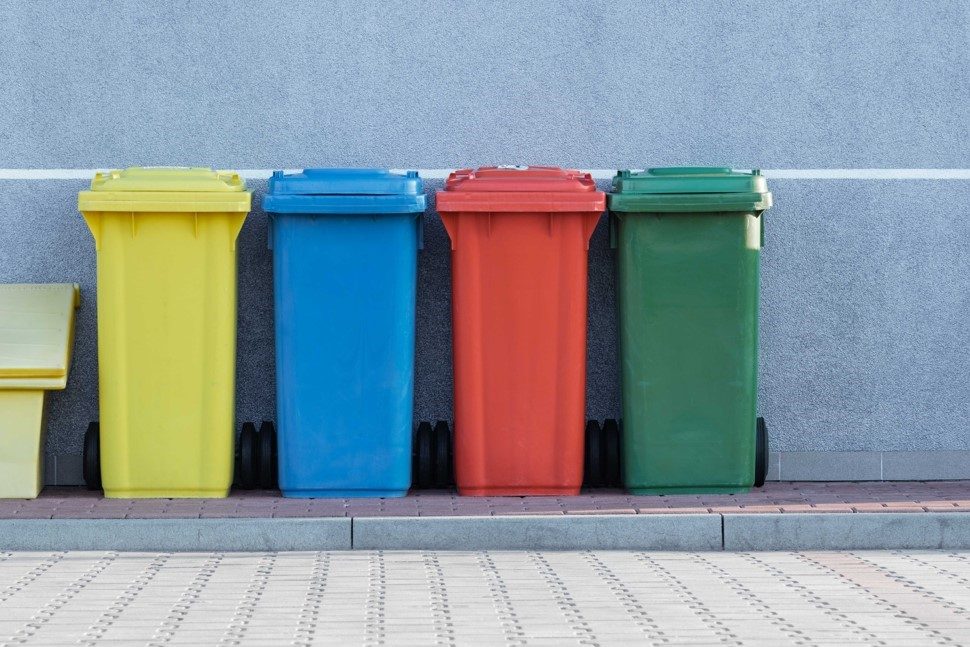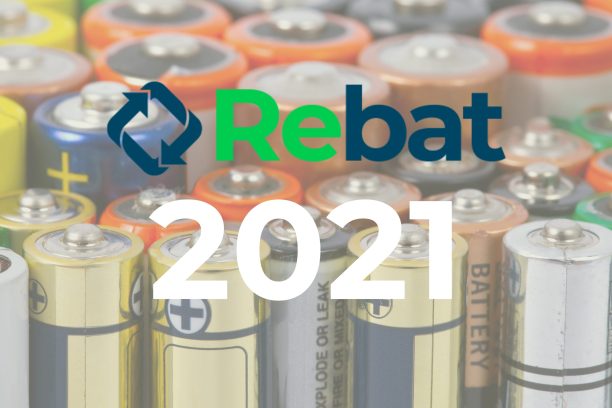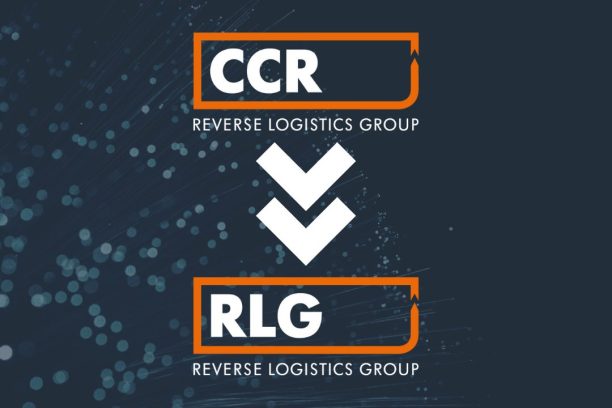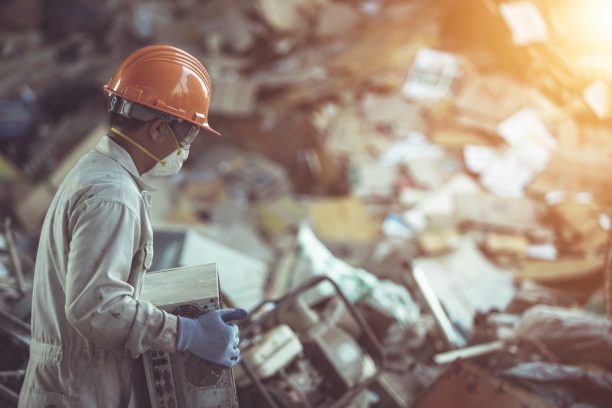Ecomodulation: Shaping the Future of Waste Management
- 13. November 2023
- Uncategorized @en_ca
The European Commission adopted the new Circular Economy Action Plan (CEAP), an initiative aimed at making production in the European Union more eco-friendly. To bolster this plan, existing directives on waste and packaging were revised, and new laws were introduced to address the environmental impact of plastic use. A crucial milestone was the approval of Directive (EU) 2018/852 on May 30, 2018. This directive emphasized the importance of European countries working together. It highlighted the significance of using less and reusing more as the most effective method to reduce waste and its environmental consequences. Countries were urged to encourage reusable packaging, such as refundable bottles, and set targets for its usage. Financial incentives were suggested for companies adopting these practices. Additionally, regulations promoting reduced use of non-recyclable and excessive packaging were proposed. This collaborative effort underscores the EU’s commitment to establishing a unified and environmentally conscious waste management system.
Ecomodulation has emerged as a powerful strategy gaining traction in the European Union and globally. At its core, ecomodulation involves rewarding or penalizing producers based on specific product characteristics. It aims to regulate the financial contributions made by companies to waste management organizations, considering the impact of sorting and recycling processes associated with their products. This approach encourages the use of easily recyclable materials with lower environmental impact. By adjusting fees, businesses are incentivized to invest in sustainable packaging and product solutions, promoting eco-friendly practices.
Ecomodulation can be applied to various waste types, with the most relevant sectors in Europe including WEEE (Waste Electrical and Electronic Equipment), batteries, and packaging. Key factors considered during ecomodulation assessments include durability, reparability, reusability, recyclability, and the presence of hazardous substances. Common criteria for ecomodulation include the percentage of recycled materials in products. Items with higher recycled content incur lower fees, encouraging the use of environmentally friendly materials. Obstructive packaging, which hampers selective collection and recycling processes, faces higher penalties. Additionally, the color of glass and plastic packaging influences fees, with opaque or non-colorless packaging incurring higher charges. In the EEE waste fraction, ecomodulation can be based on spare part availability, recycled content, and energy efficiency.
Several countries, including France, Belgium, Ireland, Italy, the Netherlands, and Sweden, have embraced ecomodulation, making significant strides towards sustainability. Spain recently joined this initiative, implementing ecomodulation fees this year. Other nations, like the United Kingdom, have announced plans for upcoming developments in ecomodulation. For example, specific packaging items, including plastics containing carbon black and certain types of plastic films, may face higher fees under Extended Producer Responsibility (EPR) regulations. These initiatives represent a significant shift towards environmentally responsible business practices. By emphasizing ecomodulation and adopting strategies from these pioneering countries, businesses are actively fostering a sustainable culture. Stay tuned for further updates on these green initiatives.








